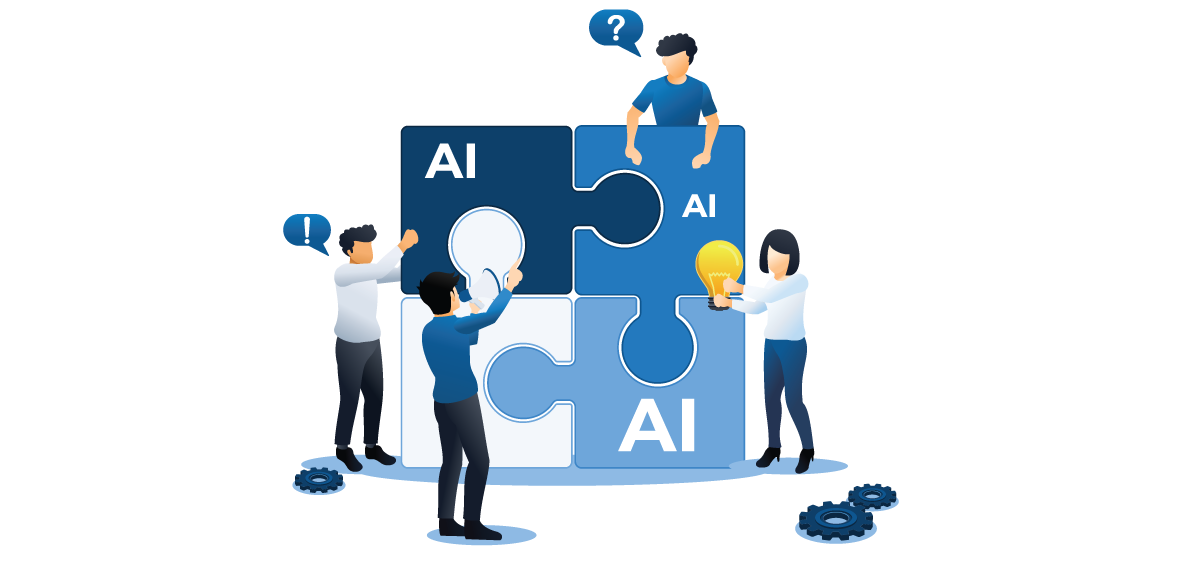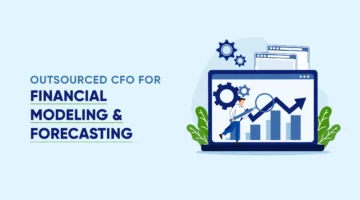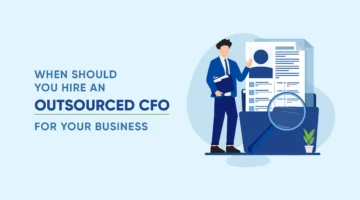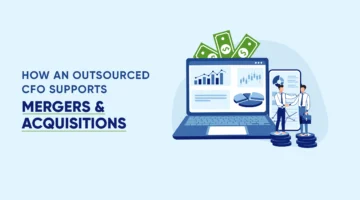Navigating the Pitfalls: Unveiling the Shadows of AI in Dealmaking
Exponential Growth of AI
Despite the exponential growth and vast potential of artificial intelligence (AI) in various industries, it poses significant disadvantages regarding dealmaking. The staggering valuation of the global generative AI market, surpassing $13 billion, reflects the widespread adoption and reliance on AI technologies. However, this extensive integration brings forth concerns regarding privacy, security, and ethical implications. The reliance on AI algorithms for decision-making in dealmaking processes may lead to biased outcomes, lack of transparency, and increased vulnerability to cyber threats. Additionally, the rapid advancement of AI poses challenges in regulatory frameworks, making it difficult to keep up with the evolving technology. While AI presents numerous opportunities, its disadvantages require careful consideration to ensure fair, secure, and responsible dealmaking practices.
Disadvantages of AI on Dealmaking
- Biased Decision-making: AI algorithms perpetuate biases in the training data, leading to unfair outcomes in dealmaking processes. This results in unequal opportunities for specific individuals or groups.
- Lack of Transparency: Complex AI models often operate as “black boxes,” making it difficult to understand the reasoning behind their decisions. Lack of transparency hampers trust, as stakeholders may need help comprehending how deals are made.
- Data Dependence: AI heavily relies on data to make informed decisions. In dealmaking, this dependence on data is problematic if the data needs to be completed, accurate, or biased. More accurate or adequate data leads to better decision-making processes.
- Vulnerability to Cyber Threats: Integrating AI systems in dealmaking introduces potential cybersecurity risks. Hackers exploit vulnerabilities in AI algorithms or manipulate data inputs, leading to compromised deals or leaked confidential information.
- Regulatory Challenges: The rapid advancement of AI technology often outpaces the development of regulatory frameworks. This regulatory lag poses challenges in ensuring compliance, privacy protection, and adherence to ethical standards in dealmaking.
- Lack of Human Judgment: AI systems excel at processing large amounts of data and identifying patterns. However, they may need more nuanced judgment and intuition human negotiators possess. This limits their effectiveness in complex dealmaking scenarios.
- Overreliance on AI: Relying too heavily on AI systems for decision-making in dealmaking diminish the human element of negotiation. Human intuition, creativity, and emotional intelligence may be overlooked or undervalued, leading to suboptimal outcomes.
- Cost and Implementation Challenges: Implementing AI technologies in dealmaking processes is costly, requiring significant investments in infrastructure, training, and maintenance. Small businesses may need help adopting AI, creating an uneven playing field.
- Ethical Considerations: AI raises ethical concerns, such as privacy infringement, consent, and the potential for misuse of personal data. The ethical implications of AI in dealmaking should be carefully considered to ensure fairness and protect individual rights.
- Limited Adaptability: AI systems are designed to operate within specific parameters and may struggle to adapt to dynamic and rapidly changing dealmaking environments. Human negotiators often possess the flexibility to adapt their strategies and tactics based on evolving circumstances, which may give them an advantage over AI systems.
The Double-edged Sword of AI on Business
AI undeniably presents a double-edged sword for businesses, offering tremendous potential and daunting challenges. Embracing AI technologies can increase efficiency, and enhance customer experiences. However, it also brings concerns such as workforce displacement and ethical considerations. In this complex landscape, NOW CFO is a valuable ally for businesses. Their expertise in financial management, data analysis, and risk assessment enables them to guide companies in adopting AI responsibly and strategically. By providing comprehensive cost-benefit analyses, ensuring regulatory compliance, and leveraging AI for financial forecasting, NOW CFO empowers businesses to navigate the AI landscape confidently. Together, businesses and NOW CFO can unlock the transformative power of AI while mitigating its risks, paving the way for sustainable growth and success in the AI-driven business world.



